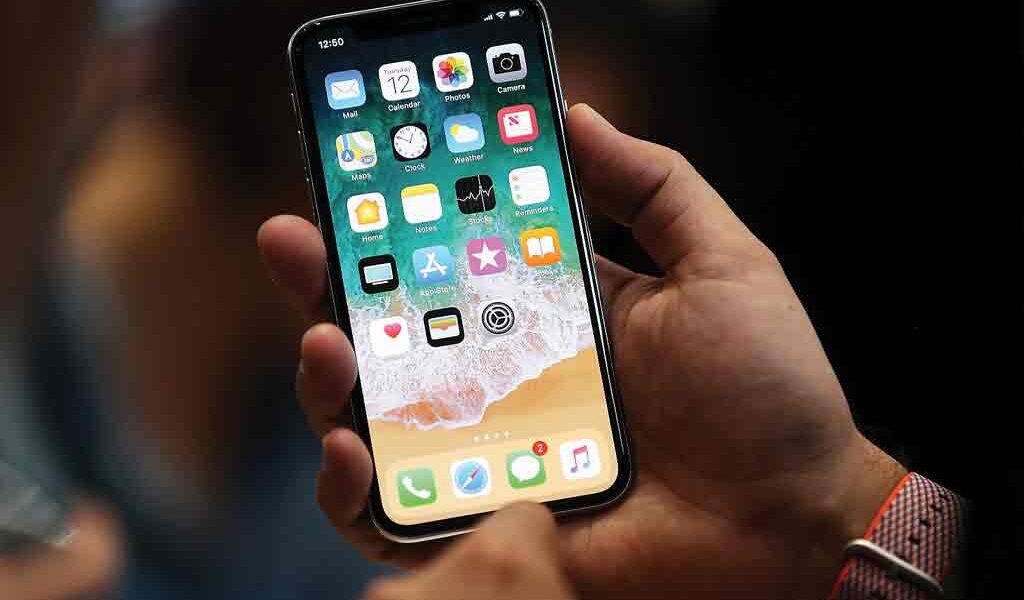Much has been said about how data is expensive in Botswana; in fact, in April 2017, The Botswana Gazette carried the story titled “How Expensive Data Costs Batswana”, which argued that people in this country pay more money for poor service from mobile service and internet providers than in most African countries.
The norm, however, when discussing this matter- is to appeal to BOCRA, the regulator, for strict regulation to immediately dissuade mobile operators from fleecing customers. While from time to time the regulator and mobile operators claim to have reduced data tariffs, customers continue to raise complaints about how quickly their air time “gets drained”, how “expensive” or “slow” internet is. This disconnect is not surprising in a country like Botswana where regulation across different sectors is generally poor, and while customers maybe wrong in some cases, it is not clear what BOCRA thinks about why complaints persist even after interventions it stated in its 2017 Annual Report. The unfortunate thing about the data debate in Botswana is that it is sporadic, while parliament and stakeholders are largely quiet about the serious inconveniences posed by expensive data.
However, data in the information age is the key to internet access- the internet itself is a gateway to a world of resources and platforms that have improved lives in developed countries. In fact, access to the internet is now considered part of the so called Third-generation Rights, rights which go beyond mere civil and social rights usually contained in most progressive documents of international law like Stockholm Declaration of 1972 or the Rio Declaration of 1992. While these rights remain largely unofficial, there is an emerging trend in countries like Costa Rica, Finland, France, Greece and Morocco among other African countries- where (1) courts recognize that access to the internet facilitates access to fundamental rights (2)increased access to the internet is considered “essential for life” (3) as a basic human right (4) states are compelled by law that they have an obligation to facilitate the production, exchange, diffusion, and access to electronically transmitted information and (5) countries are compelled to guarantee reasonably priced broadband of at least one megabit per second.
While Botswana has made promises to invest in infrastructure that will improve internet access and reduce prices, Batswana are currently at the mercy of private mobile service providers. It is time politicians and other stakeholders made noise about expensive data tariffs in Botswana. Members of Parliament should raise this issue and compel mobile companies to reduce data prices because they stunt Batswana’s access to information (internet)- something that has a lot of consequences for the development of the country. Multinational Mobile operators should not be allowed to abuse lax regulation to the detriment of Batswana without any consequence. Human Rights activists should also start making Third Generation Rights a big deal!
Expensive data, poor internet access infringe people’s basic rights and dignity

